The following article is shared by Ms. Mai Pham, a parent with 3 young children (13 years old, 11 years old and nearly 4 years old) who lived in Japan for many years before coming to the US 2 years ago:
Recently, social media has been flooded with photos of certificates and awards at the end of the school year. As a mother who lived in Japan for many years and is now in the US, I also have 3 young children in school. From my experience raising children in two developededucational systems, I would like to share some thoughts - not to criticize anyone, but to add a different perspective on rewarding children.
No certificates, no rankings - but children still progress every day
In Japan and the US, I have never seen students being called up to the podium to receive their year-end certificates or have their class rankings announced.
In Japan, each semester, parents receive a detailed assessment of their child, sometimes with up to several dozen items. Of which, academic performance is only a small part. The focus is on the child's overall development: Is the child independent, does he or she get along with friends, how is his or her physical and mental health, what is his or her attitude towards learning...

Same thing in the US. My child’s final report card includes A’s, B’s, C’s, etc., along with assessments of ability, work ethic, and cooperation. There are no material rewards, no rankings. Teachers encourage children to look back at their own progress—not compare themselves to their peers.
Even without certificates, my children are still eager to go to school every day. They understand that effort is important, that everyone has their own strengths - and that personal development is a long journey, not just a destination with a few certificates.
In Japan, posting photos of children – especially those taken with friends or in a school environment – is restricted. Parents are very careful to protect their children’s privacy and feelings. If they do share, they are usually about everyday experiences, not achievements.
During every school activity, the loudspeaker clearly states that all recorded images and videos are not allowed to be shared on social media. Even the year-end piano performance of the piano teacher (an outside tutoring class) is specifically announced via paper, text message, and repeated live at the performance. Parents are only allowed to post images of their own children, and are not allowed to film or take photos of other students during the performance without the consent of their parents.
I think recognition should sometimes be kept in a private space - between parents and children - to preserve its spiritual value, instead of turning into an invisible comparison between children.
No child is "stupid" - each child just needs a different way of encouragement.
As someone who spent her childhood being compared to "other people's children", I understand the pressure of expectations. In elementary school, my best friend was ahead of the curve, always at the top of the class and was held up as a role model by my parents. Every time I asked to go out, I was told: "Study as well as your friend before you ask to go out!"
I grew up feeling inferior, even though my academic performance was better than my friends. Even when I grew up, the feeling of "I'm not good enough" still lingered in my mind. Even after graduating from university, seeing my friends get married before me, I felt sad because I "didn't have anyone".
Only when I became a mother and read a lot about education and child psychology did I understand: Each child has their own ability to develop. If not done properly, praise can make children who have not been recognized feel inferior and incompetent - and that damage can follow them for the rest of their lives.
As parents, we all want our children to be happy and successful. But that success doesn’t necessarily come with rewards, rankings, or public acclaim. What’s more important is that your child feels respected, listened to, and encouraged to develop in their own way.
Source: https://vietnamnet.vn/hoc-o-nhat-my-con-toi-khong-duoc-phat-giay-khen-de-me-chup-khoe-tren-mang-2405839.html










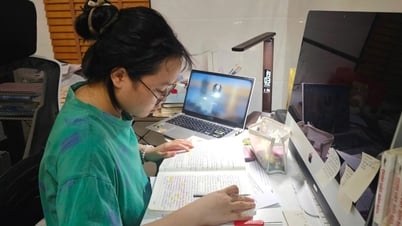






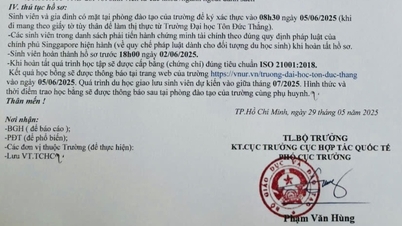






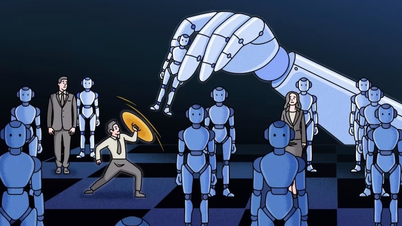









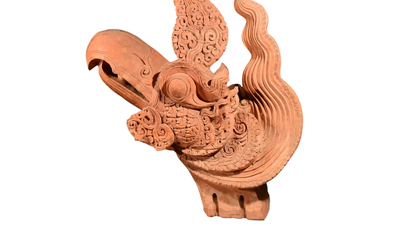




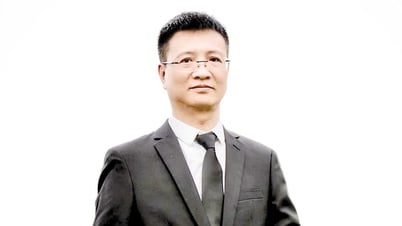



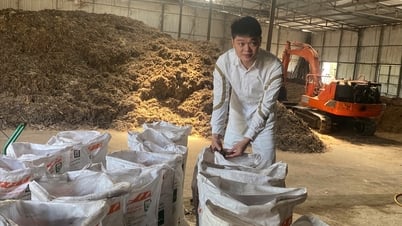














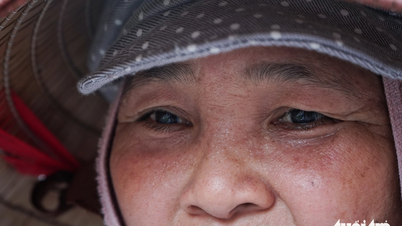





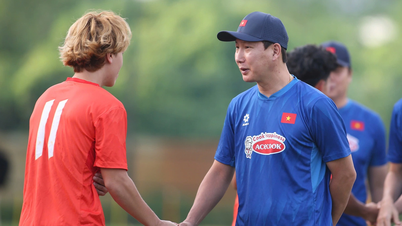
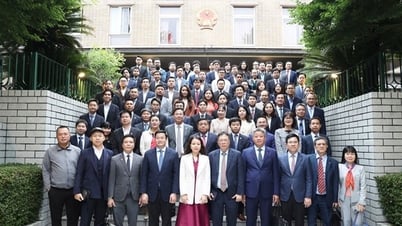





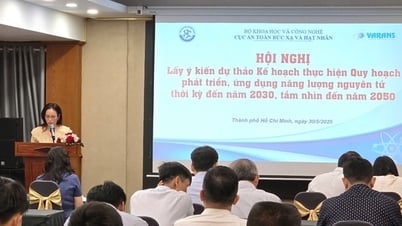
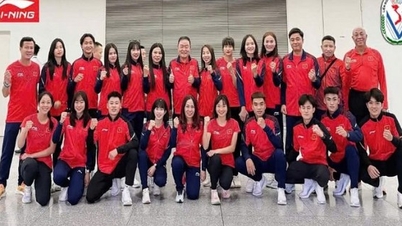


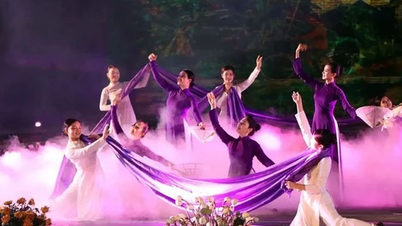



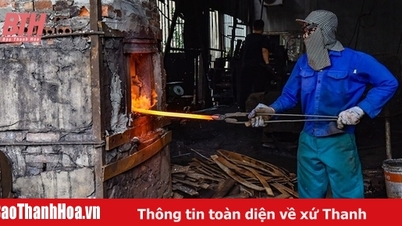



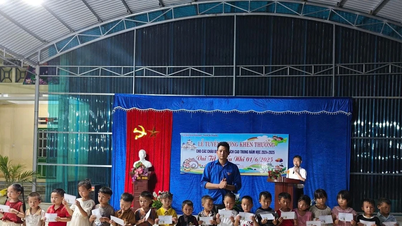


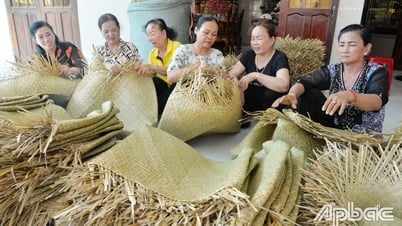






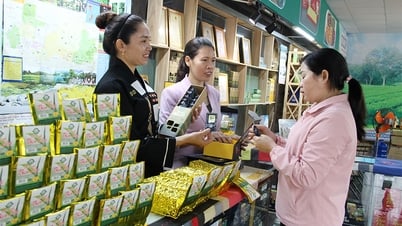
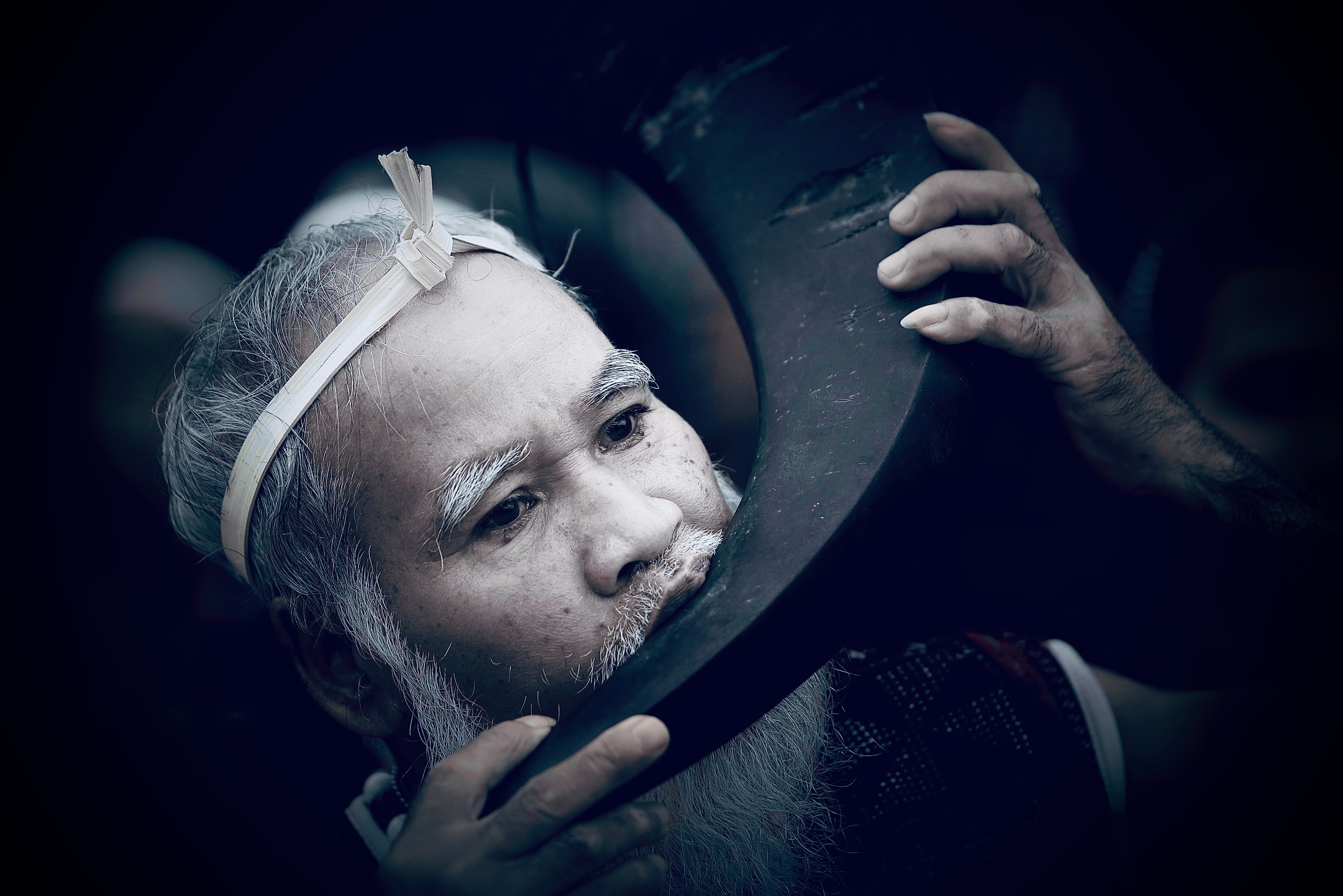



Comment (0)